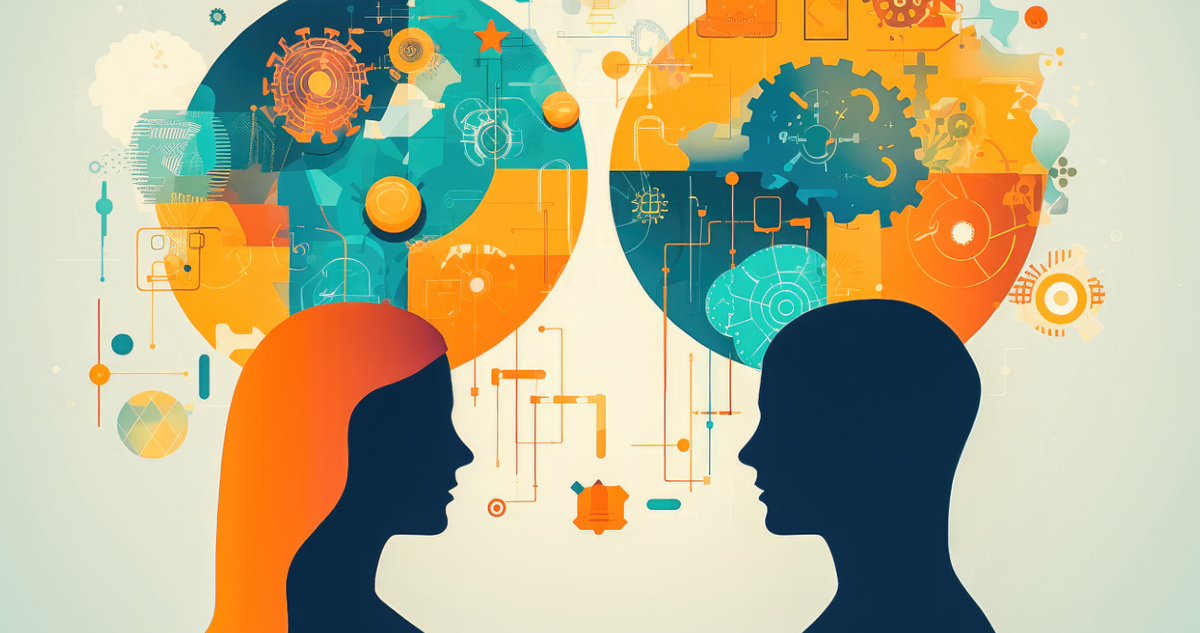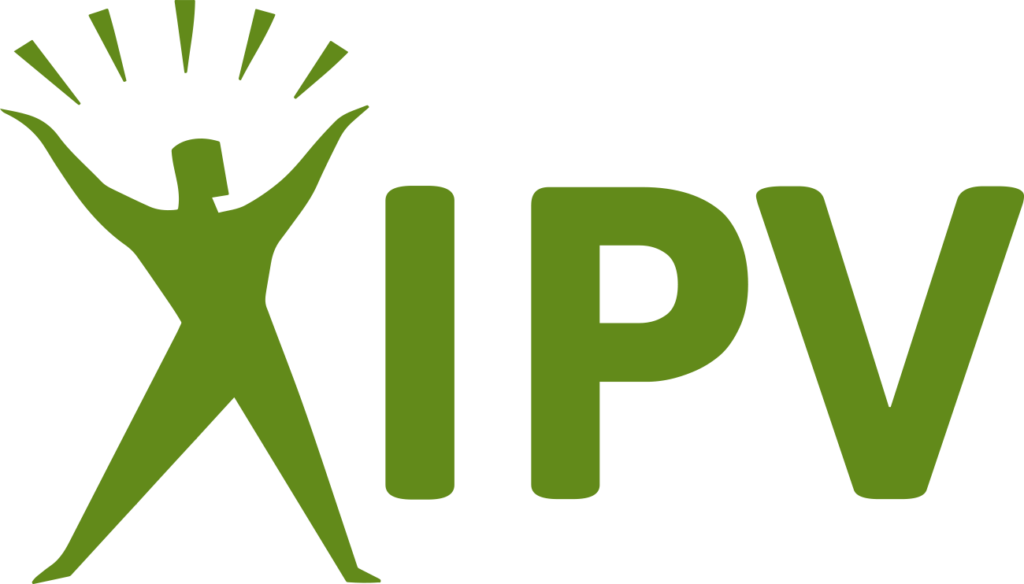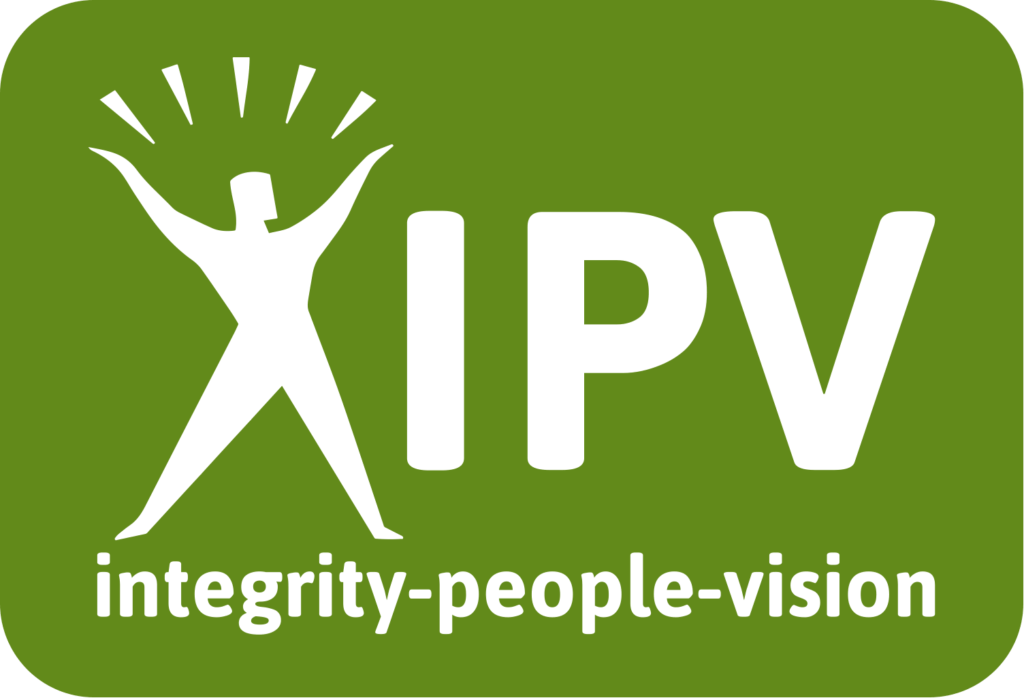
The science behind mastery performance coaching, team resilience and leadership training can seem to carry a lot of jargon to a layperson. At IPV Consulting, we produce outstanding results through giving employees the tools to achieve lasting success and self-mastery. Two concepts you’ll hear us use are “Emotional Intelligence” and “Positive Intelligence.”
Each revolve around understanding and managing emotions, but they focus on different aspects and have distinct implications in various contexts.
Emotional Intelligence (EI):
Emotional intelligence refers to the ability to recognize, understand, manage, and effectively use emotions in oneself and others. It involves perceiving emotions, using emotions to facilitate thought, understanding emotions, and managing emotions for personal growth and improved interpersonal relationships. EI encompasses a range of skills, including empathy, self-awareness, self-regulation, social skills, and motivation.Key Components of Emotional Intelligence:
- Self-Awareness: Recognizing and understanding one's own emotions.
- Self-Regulation: Managing and controlling one's emotions and reactions.
- Empathy: Sensing and understanding the emotions of others.
- Social Skills: Building and nurturing positive relationships.
- Motivation: Being driven to achieve goals and maintain a positive attitude.
Positive Intelligence (PQ):
Positive intelligence, on the other hand, focuses on the ability to master one's own mind and achieve better outcomes through a positive and growth-oriented mindset. It involves managing the inner "saboteurs," which are self-limiting thought patterns that hinder personal and professional growth. PQ is about strengthening the positive mental muscles that promote resilience, agility, and a constructive outlook on challenges.Key Components of Positive Intelligence:
- Sage Perspective: The positive, wise, and constructive aspect of the mind.
- Saboteurs: The negative, self-limiting, and critical aspects of the mind.
- Positive Mental Muscles: Strengthening mental patterns that lead to better outcomes.
- Self-Command: Taking control over reactive emotions and thoughts.
- Growth Mindset: Embracing challenges and setbacks as opportunities for growth.
Distinguishing Factors:
While emotional intelligence focuses on understanding and managing emotions to enhance interpersonal relationships and personal well-being, positive intelligence is centered around cultivating a positive and growth-oriented mindset to navigate challenges, increase resilience, and optimize performance. In essence, emotional intelligence pertains to recognizing emotions in oneself and others and using this awareness to manage interactions effectively. Positive intelligence emphasizes understanding and altering thought patterns to promote positive responses and foster personal and professional development. Both emotional intelligence and positive intelligence contribute to holistic well-being and success, but they address different dimensions of emotional and mental health. Integrating both concepts can lead to a comprehensive approach to self-awareness, interpersonal effectiveness, and personal growth.The first step toward an engaged, productive team is to schedule your FREE session with our coaches.





